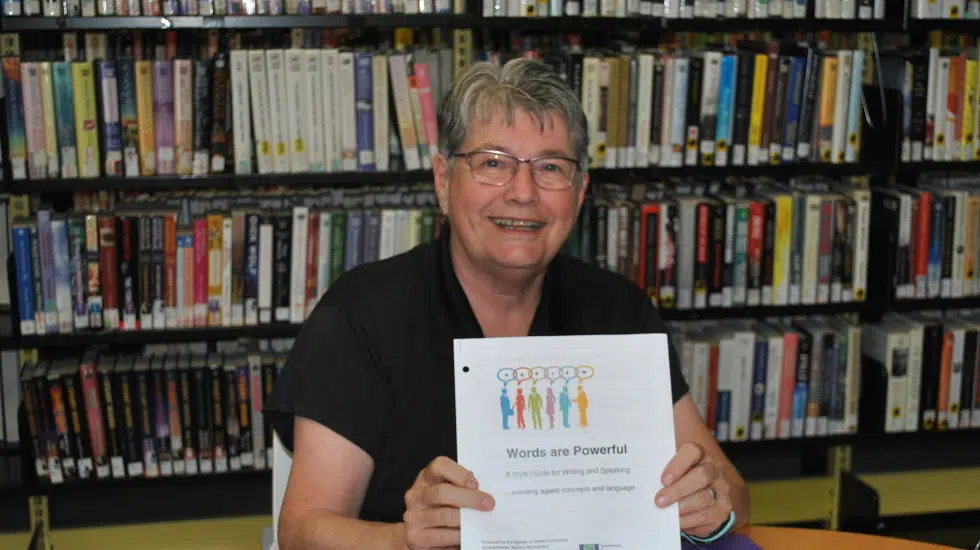
Study looking at ageism in media and social isolation of seniors
A dearth of media coverage across Saskatchewan about older people and the issues and interests that affect them has an impact on how seniors feel about themselves.
That’s according to Linda Anderson, media and ageism project coordinator with the Saskatchewan Seniors Mechanism (SSM). Anderson was in Prince Albert Tuesday talking about ageism in media.
The SSM has partnered with the Canadian Red Cross, the Alzheimer Society of Saskatchewan and the Saskatchewan Population Health and Evaluation Research Unit on a three-year study looking at ways to reduce social isolation among seniors. The group is also working with the Lifelong Learning Centre and the Fédération des Aînés Fransaskois.
As part of its work, the SSM’s Ageism and Media committee developed a style guide for media with tips on avoiding ageist language.


